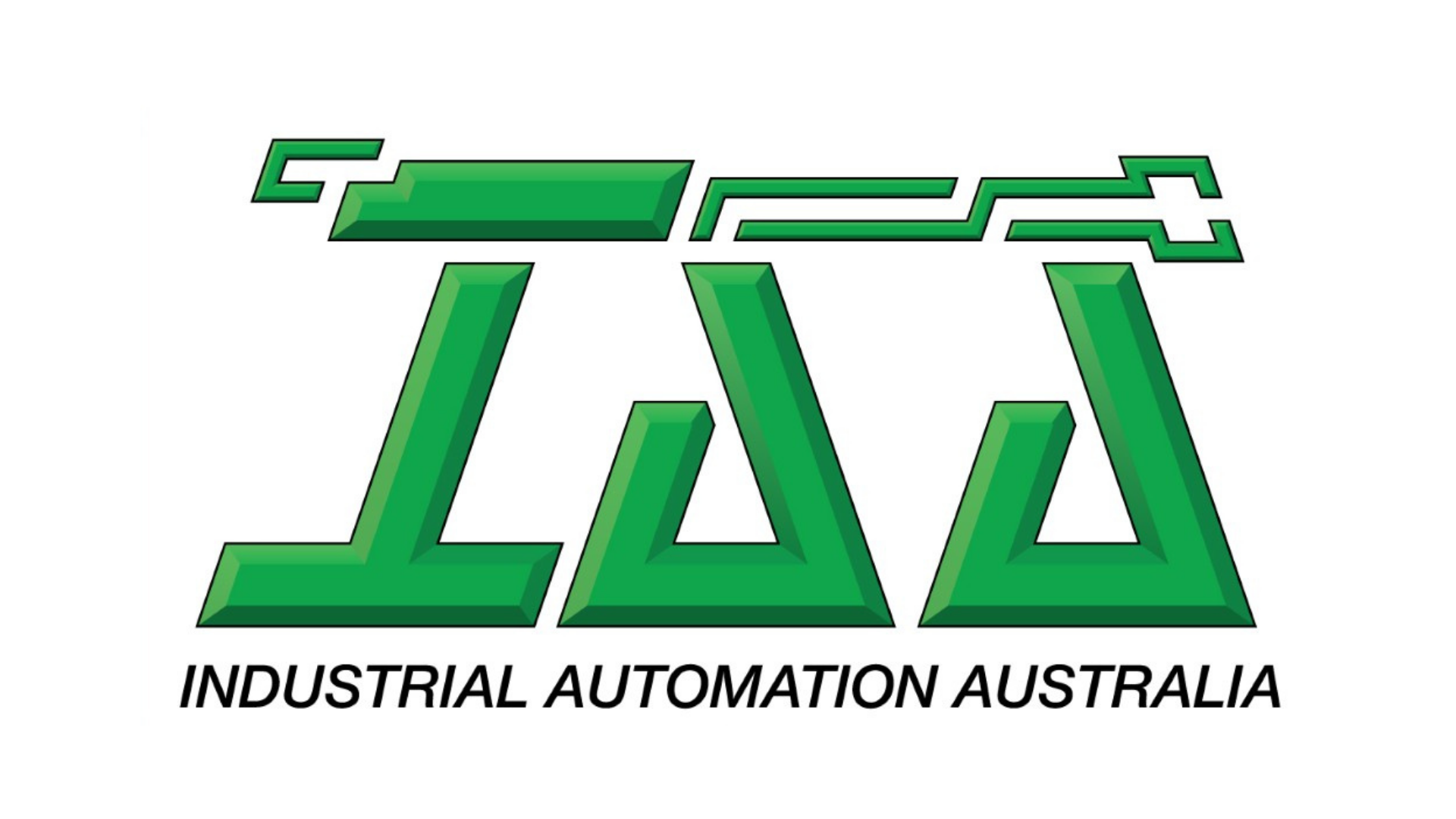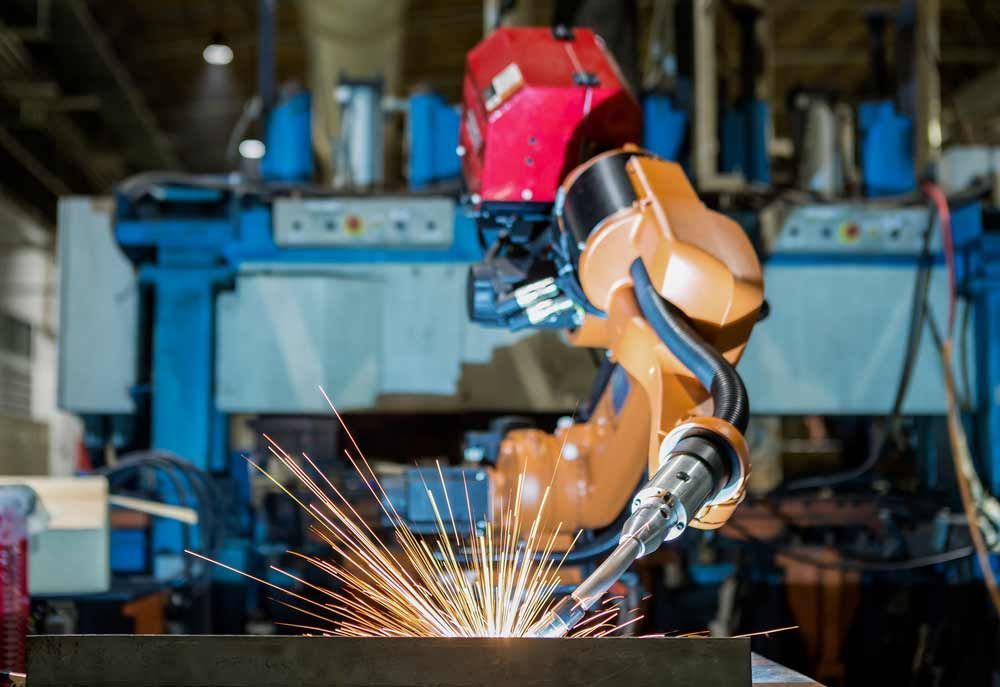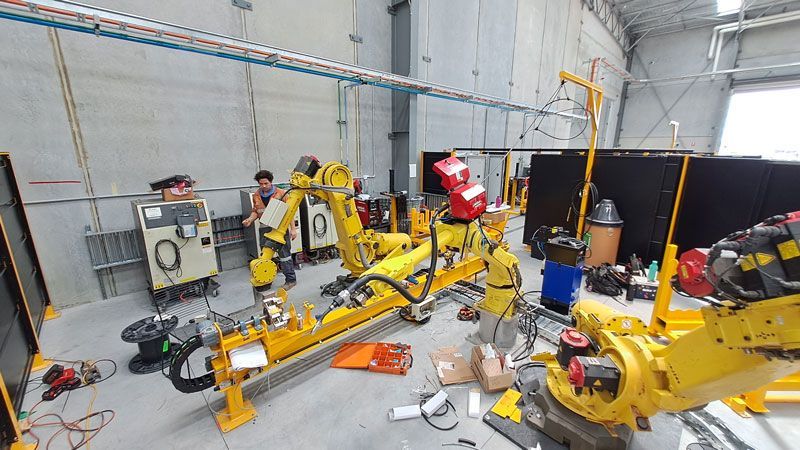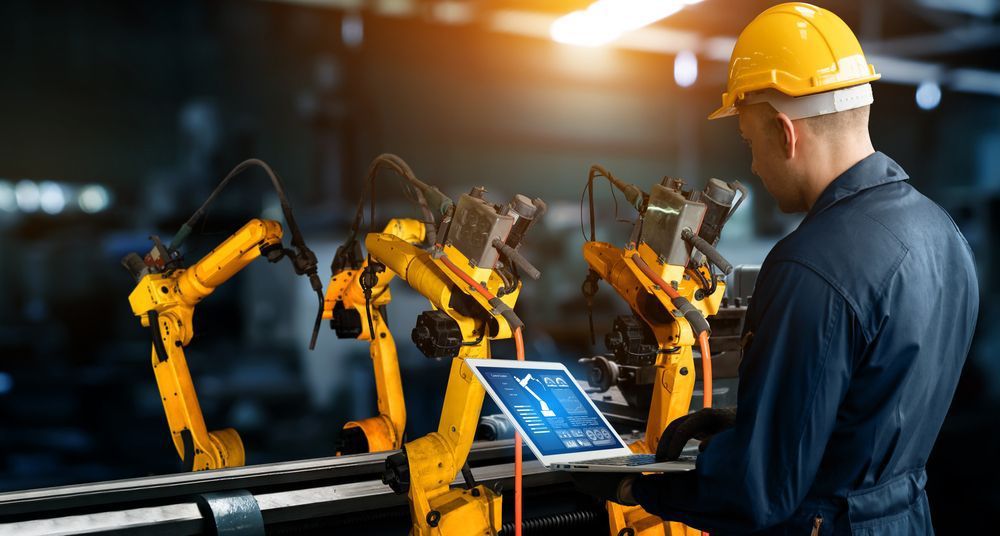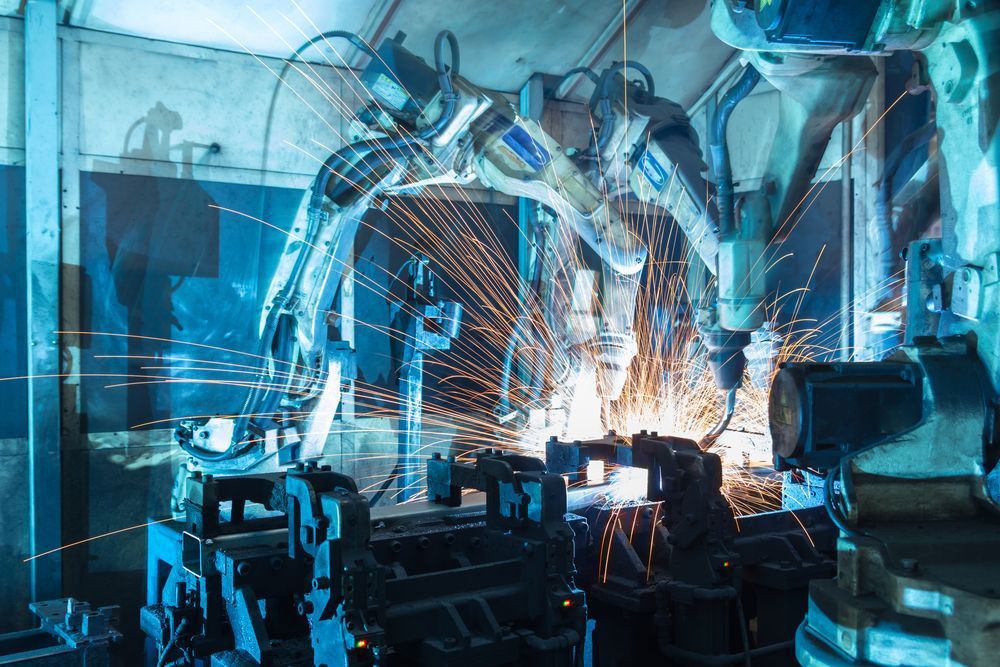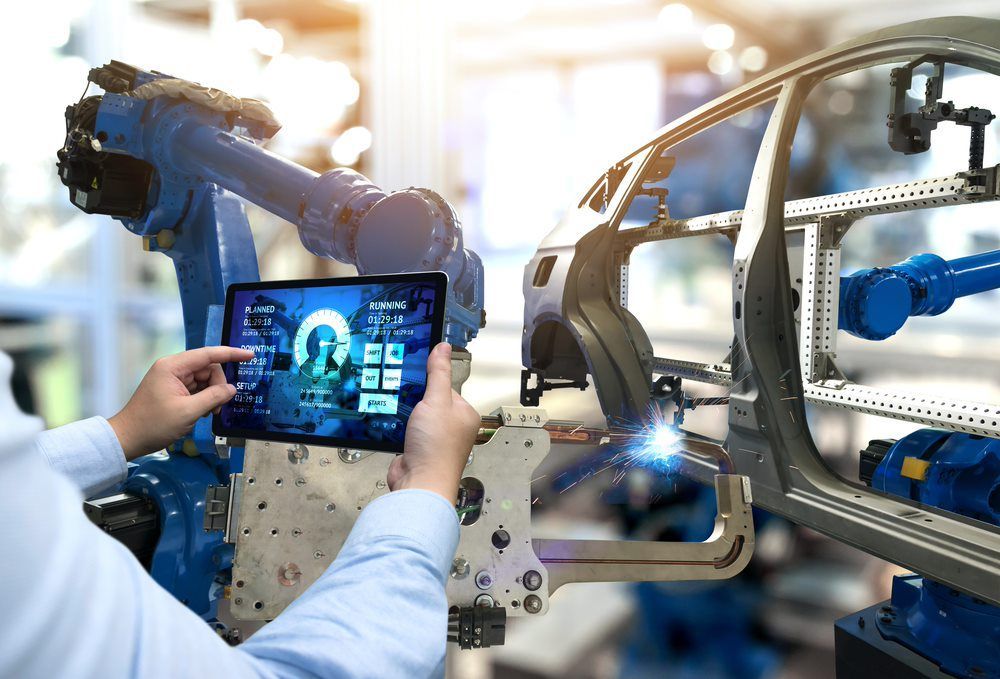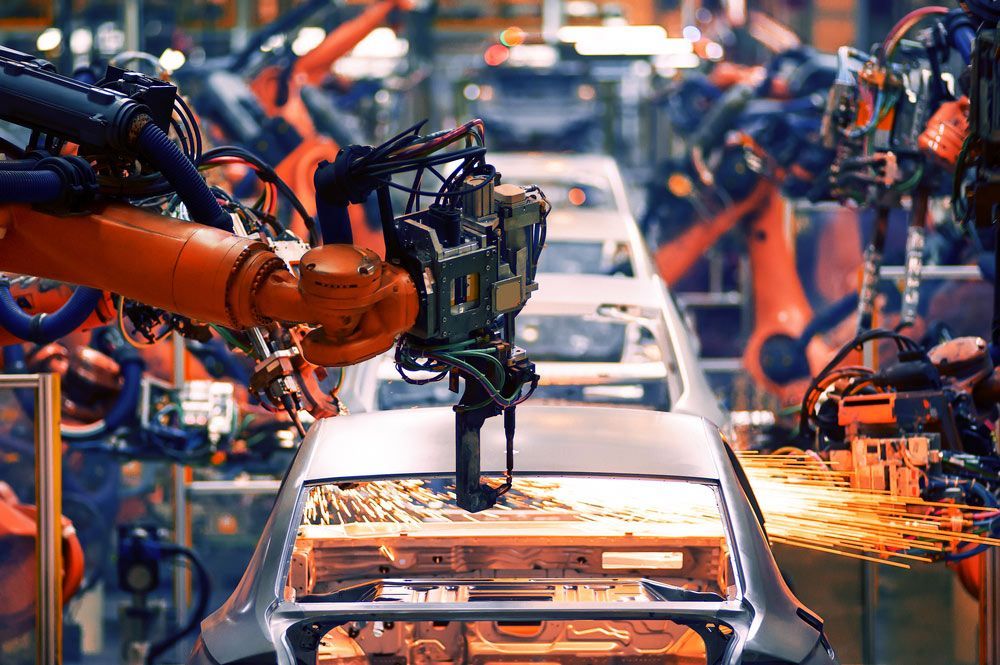Types Of Industrial Automation And Their Uses
Automation is transforming how operations and processes are conducted in factories and industries. Understanding the nuances of industrial automation is important to keep up with technology. Whether you're a business owner looking to streamline your operations or eager to learn about the mechanics of modern industries, this blog is for you. Here, we’ll discuss the various types of industrial automation and their specific uses.
On this page:
- Understanding The Basics Of Industrial Automation
- How Do PLCs Operate In Automated Systems?
- Exploring The Different Types Of Industrial Automation Systems
- Custom-Designed Robotics Systems
- Advanced Automation For Production Lines
- Pneumatics, Hydraulics And Electro-Mechanical Systems
- Transform Your Operations With Industrial Automation
Understanding The Basics Of Industrial Automation
At its core, industrial automation integrates technology and machinery to autonomously operate and control industrial processes, reducing the need for human intervention. This shift not only boosts efficiency but also improves safety and quality across various sectors.
What Is Industrial Automation?
Industrial automation is the use of systems, such as computers or robots and information technologies for handling different processes and machinery in an industry. It is the second step beyond mechanisation in the scope of industrialisation.
Why It's Important
Embracing automation means stepping into a future where precision, reliability and speed define your operations. Knowing the differences between each type of automation system can help tailor solutions to fit your unique industrial needs.
How Do PLCs Operate In Automated Systems?
Programmable logic controllers (PLCs) are the brains behind the automation process. These sophisticated devices are programmed to perform a wide array of tasks, from simple to complex, without faltering. They monitor inputs from various sensors, make decisions based on the program and execute outputs to control machinery or processes. Essentially, PLCs bring reliability and flexibility to industrial automation, allowing for seamless adjustments and optimisations.
Exploring The Different Types Of Industrial Automation Systems
Industrial automation systems can be categorised based on their integration level and flexibility in manufacturing processes and operations. Each type serves different purposes and applications within the industry:
- Highly Integrated and Flexible Systems: Ideal for dynamic manufacturing environments where products and processes are constantly evolving. These systems offer the agility needed to quickly adjust to new requirements without compromising on efficiency or productivity.
- Moderately Integrated Systems with Limited Flexibility: Suited for more stable production lines with infrequent changes. While these systems may not offer the same level of adaptability as their highly flexible counterparts, they still provide significant improvements in efficiency and consistency over manual processes.
- Low Integration and Flexibility: Typically found in fixed automation setups designed for high-volume, low-variation production. These systems are highly efficient at what they do but offer little in the way of adaptation to new processes or products.
Custom-Designed Robotics Systems
Custom-designed robotics systems offer unparalleled flexibility and efficiency, allowing businesses to automate complex tasks with precision. These bespoke solutions are crafted to meet the specific needs of an operation, ensuring every aspect of the production process is optimised for maximum productivity and minimal waste. These solutions are designed with scalability in mind, allowing for easy adjustments and expansions.
Advanced Automation For Production Lines
Advanced automation technologies integrate seamlessly into production lines, enhancing efficiency and reliability. By automating repetitive tasks, companies can focus on innovation and quality, pushing the boundaries of what's possible in their industries:
- Increased Production Speeds: Automation significantly speeds up production processes, enabling businesses to meet higher demand without compromising on quality.
- Improved Accuracy and Consistency: Automated systems are incredibly precise, reducing the margin of error and ensuring consistent product quality.
Pneumatics, Hydraulics And Electro-Mechanical Systems
The integration of pneumatics, hydraulics and electro-mechanical systems into automation solutions offers a robust and versatile approach to industrial challenges. Each of these systems brings unique advantages:
- Pneumatics: Offers simplicity, reliability and speed. Ideal for applications requiring rapid movement and high cycle rates.
- Hydraulics: Provides unparalleled power and control, perfect for heavy-duty applications where precision and force are critical.
- Electro-Mechanical Systems: Combines electrical and mechanical processes for highly efficient and precise operations, suitable for a wide range of automation tasks.
Transform Your Operations With Industrial Automation
In conclusion, the evolution of industrial automation is an ongoing journey, with each type offering unique benefits and applications. For businesses, embracing these technologies means staying ahead in a competitive landscape, enhancing operational efficiency and paving the way for innovation.
If you're looking to harness the power of industrial automation in Brisbane, turn to Industrial Automation Australia. Our expertise and cutting-edge solutions are tailored to meet your specific needs, ensuring you stay at the forefront of your industry. Contact us today to discuss your requirements!
